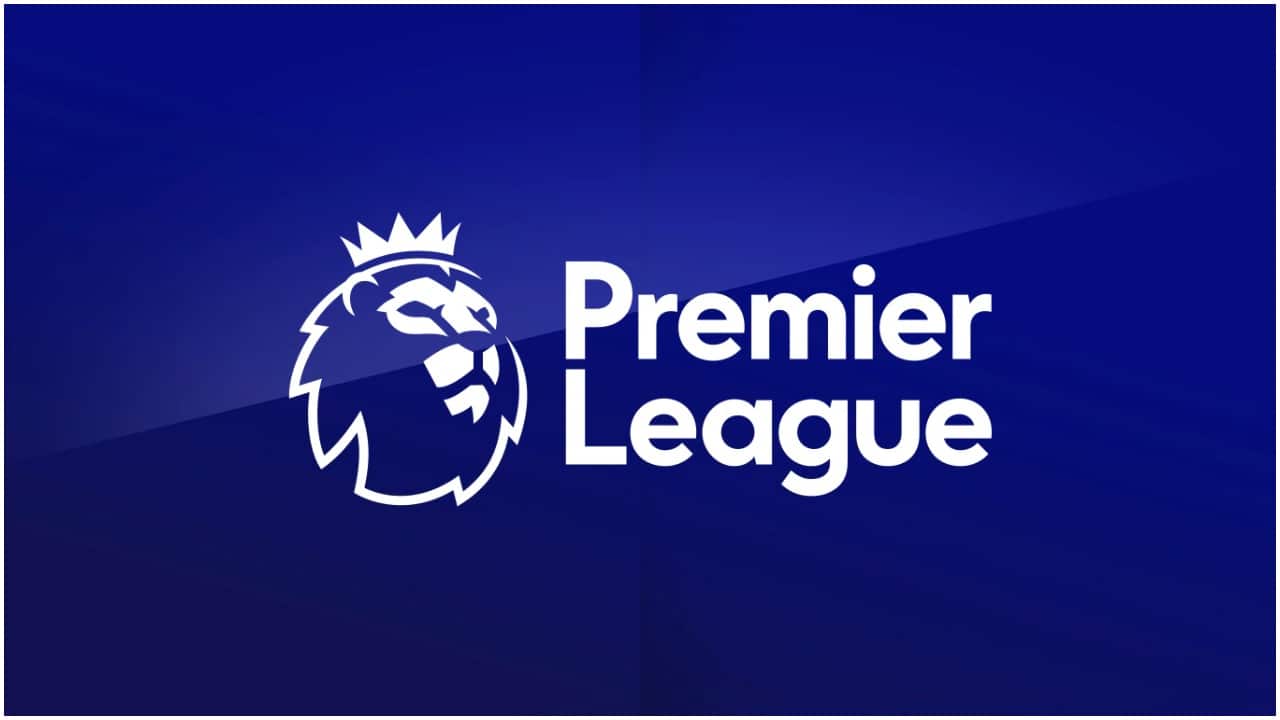Premier League clubs are lobbying for a larger portion of football’s growing data revenue, a move that risks escalating tensions with the English Football League (EFL). Currently, the Premier League and EFL share equally in the approximately £70 million generated annually from the collective sale of data rights, with both leagues receiving £35 million. The Scottish Professional Football League (SPFL) earns a far smaller share under the same arrangement.
The value of football data rights has surged in recent years, driven by the rise in football-related betting and an increased reliance on advanced analytics by broadcasters. Premier League clubs argue that they are the primary drivers of this growth and, as such, deserve a larger share of the proceeds. Historically, the financial split reflected the higher volume of matches in the EFL. However, Premier League clubs now view their league’s global popularity and the data revolution as justification for revisiting the distribution agreement.
Football DataCo, a joint venture equally owned by the Premier League and EFL, oversees the collection and sale of data, including live metrics like expected goals and shots on target. Earlier this year, Football DataCo secured a four-year deal with Genius Sports as its official data provider, beginning next season. This partnership will manage data for over 4,000 matches annually, sold to betting companies and broadcasters worldwide.
Several Premier League clubs are pushing to renegotiate profit-sharing terms before the new Genius Sports deal takes effect. While the Premier League is obligated to consider these requests, any changes would require approval from the EFL and SPFL. Officially, the Premier League has declined to comment, though sources suggest all parties are content with the DataCo deal’s current performance and future outlook.
This dispute comes amid broader tensions between the Premier League and EFL over financial and regulatory issues. Central to their strained relationship are disagreements over the proposed “New Deal for Football,” which aims to address financial imbalances between the leagues, and the potential powers of the new Independent Football Regulator. Parachute payments, given to clubs relegated from the Premier League, remain a contentious point of debate.
The Premier League’s own finances face pressure from soaring legal costs related to investigations into financial breaches by Manchester City, Everton, and Nottingham Forest. These cases, tied to profitability and sustainability rules, have increased the league’s annual legal expenses to £50 million—nearly ten times their previous levels. A larger share of data revenue could help offset this financial burden.
Further complicating matters, internal disputes within the Premier League are surfacing ahead of a critical meeting on Friday. Proposed amendments to associated party transactions (APT) regulations have sparked division, with Manchester City and Aston Villa opposing the vote. The Premier League will proceed with the ballot only if confident of securing the required two-thirds majority.
As the Premier League seeks to balance external pressures and internal discord, its relationship with the EFL remains on a knife edge. The battle over data rights revenue is the latest flashpoint in a growing struggle for control and financial dominance within English football.



